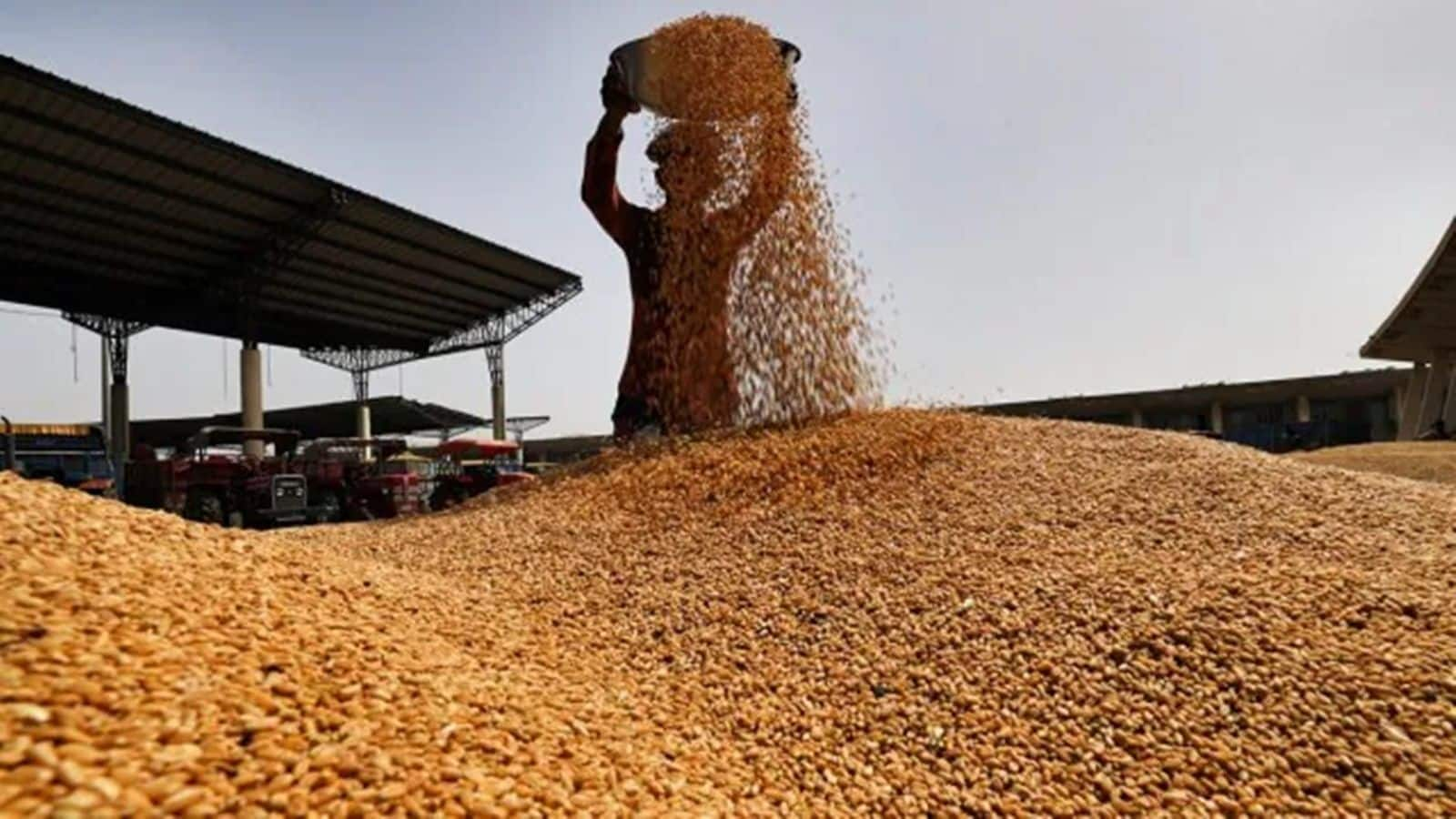
India set to import wheat after six-year break
What's the story
India is preparing to restart wheat imports after a six-year break, with the aim of replenishing its dwindling reserves and stabilizing prices that have surged due to three consecutive years of poor harvests. The decision coincides with the conclusion of general elections, removing a significant hurdle. Officials anticipate that the central government will abolish a 40% tax on wheat imports this year, enabling private traders and flour millers to buy from producers such as Russia.
Taxation
Import tax removal expected after June
The government is likely to delay the removal of the import tax until after June, aligning with Russia's wheat harvest season. Pramod Kumar, president of the Roller Flour Millers's Federation of India, stated, "There is a compelling case for the removal of the wheat import duty. That is the best possible way to ensure sufficient supplies in the open market." A government source told Reuters that the duty may be "removed after June so that private trade can import wheat."
Reinstatement
Import duty reinstatement proposed before October planting
To protect the interests of local farmers, it has been proposed that the import duty on wheat be reinstated before planting begins in October. This comes as Prime Minister Narendra Modi's Bharatiya Janata Party is expected to win the election concluding on June 1, with vote-counting scheduled for June 4. New Delhi-based trader Rajesh Paharia Jain believes that about 3 million metric tons of imports should suffice, with Russia being the most probable supplier.
Import impact
Wheat imports expected to prevent price surge
The anticipated wheat imports are expected to prevent a price surge following October's peak demand during the festival season. A dealer with a global trade house in New Delhi suggested that imports between 3 million and 5 million metric tons would eliminate the need for Indian government to sell large quantities from reserves. This comes after a sharp rise in temperatures caused India's wheat crop in 2022 and 2023 to shrivel, leading the world's second-largest producer to ban exports.
Stock levels
Wheat stocks at lowest level in 16 years
Wheat stocks in state warehouses fell to 7.5 million metric tons in April, their lowest level in 16 years, after the government sold off more than 10 million tons to control prices. A government official told Reuters that "the removal of the import duty will help us ensure that our own reserves don't fall below a psychological benchmark of 10 million tons." This year's crop is projected to be 6.25% lower than a government estimate of 112 million metric tons.
Stock replenishment
Challenges in replenishing state wheat stocks
New Delhi has faced difficulties in replenishing state wheat stocks since April, managing to buy only 26.2 million metric tons against a target of between 30 million and 32 million despite advising trading houses not to make purchases. This was done so that the Food Corporation of India could procure large quantities for state reserves. A dealer with a global trading house in New Delhi predicts that state procurement is unlikely to exceed 27 million metric tons.